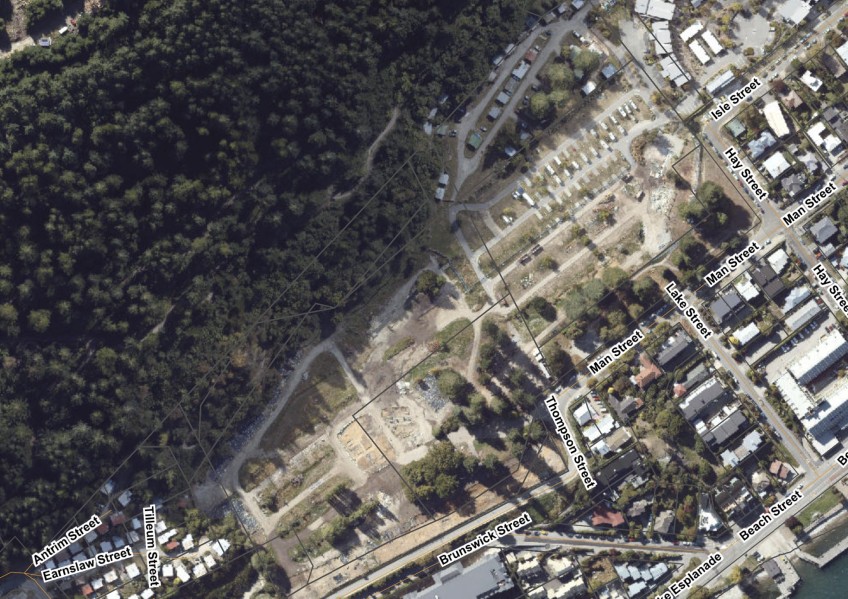Auditor-General: its not its job to decide merits of Lakeview deal

The Office of the Auditor-General says it’s not its place to determine the merits of Queenstown Lakes District Council’s decision to not sell the 10-hectare Lakeview site outright.
In August last year, Crux approached the Office of the Auditor-General outlining concerns about the council’s decision to sell the block of land to developers for $75 million over 20 years.
This afternoon the Office of the Auditor-General released its decision on its subsequent review of the proceedings.
It says it reviewed information made publicly available by QLDC in relation to Lakeview as well as asking questions directly.
“Based on the information we reviewed, we have not identified issues with the Council’s processes that warrant further inquiry by us,” it says in its decision.
"The Council told us that the agreement with the main developer (QT Lakeview Queenstown Limited) has a base payment of $75 million for the land, plus a profit share payment that is structured to provide the Council with an opportunity to participate in any uplift in land value and the success of the development over time."
Although the Auditor-General has a range of functions that help Parliament and New Zealanders hold public organisations to account for their use of public money, the merits of QLDC’s sale of the Lakeview land fall outside its remit, it says.
“Our work can include examining whether a public organisation has followed an appropriate or agreed process in making a particular decision and whether it has adequate controls in place to ensure that it can account for the money it spends and deliver value for money.
“However, it is not our role to express a view about the merits of a particular decision or the policy sitting behind that decision.”
It is outside the Auditor-General’s role to revisit decisions like this made by public organisations, it says.
“In this case, whether to enter into the agreement with the developers was a decision for the council.
“In the documents we have reviewed, it appears that when making its decision the council considered its position, its options, and what it was trying achieve from the arrangement.
“This process included: receiving and considering advice about the potential benefits to the community from the development, including benefits to the economy of the area, employment and household incomes in the short and long term, and other benefits such as assistance for workers affected by Covid-19, access to open spaces and shopping, and accommodation; carrying out a competitive procurement process to select a partner for the development; considering the value of the land and the return to the council over time (including net value of the financial payments from the developers, the infrastructure costs it would need to incur, and how it might share in an increase in the value of the land over time); and consulting with the community about the development, including through its 2021-2031 long-term."
The Office of the Auditor-General notes QLDC has made information about the development and its decision-making process publicly available on its website.
“That includes the council’s objectives for the development; council reports, papers, and updates; and information about why the council did not sell the land outright and about the value of the land.”


























